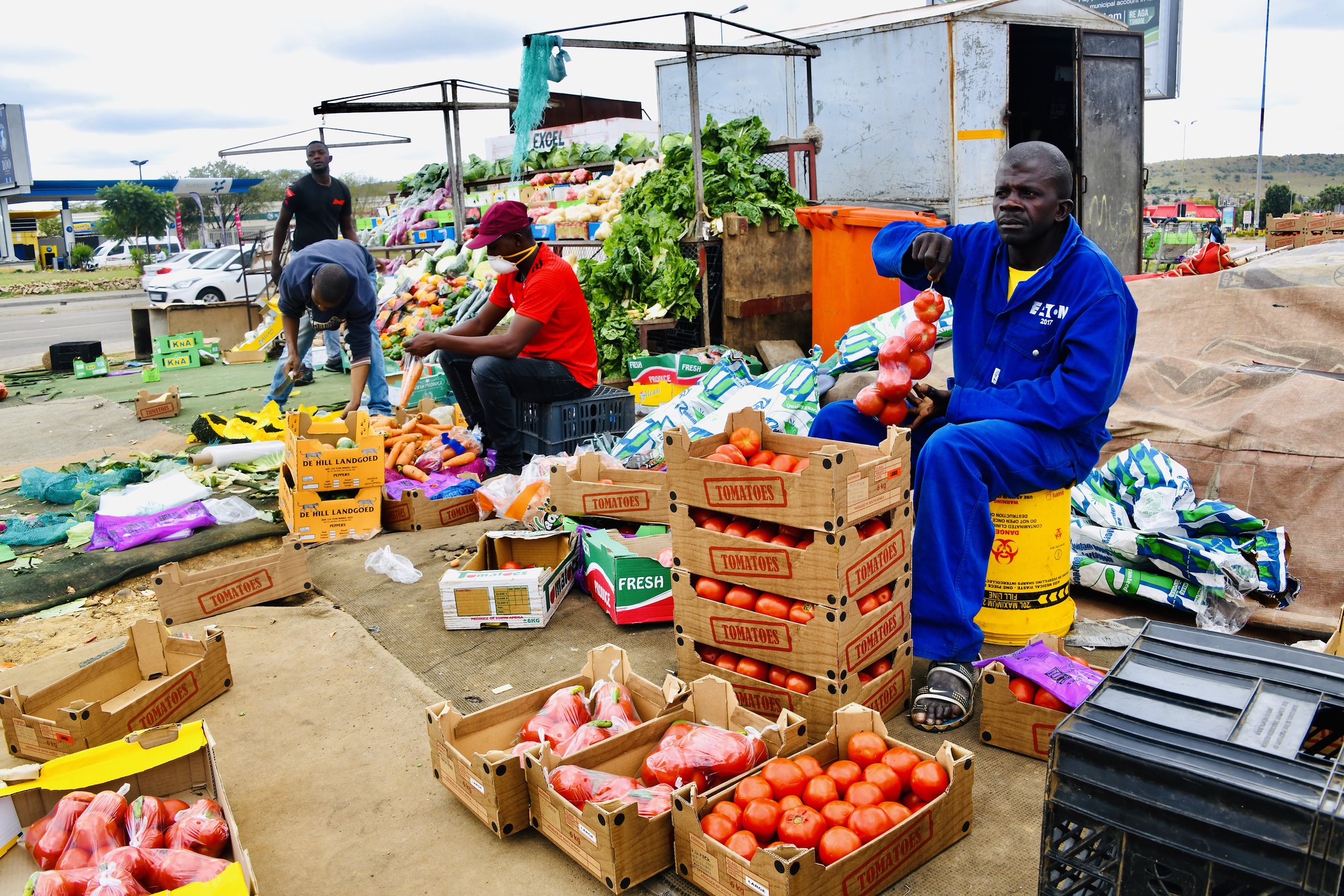Africa, a continent of vibrant cultures, rich resources, and immense opportunities, has long grappled with economic challenges that hinder its sustainable development. However, amidst these challenges lies a silver lining—the potential for transformative intra-African trade. By harnessing the power of commerce within its borders, Africa can not only accelerate economic growth but also strengthen its resilience and forge a more prosperous future for its people.

Image: includeplatform.net
Intra-African trade holds the key to unlocking a vast economic landscape. It offers a pathway to reduce reliance on external markets and stabilize the supply chains that are so vital for growth. When African nations trade with one another, they create a virtuous cycle that strengthens economies, generates employment, and empowers businesses of all sizes. By fostering closer economic ties within the continent, Africa can harness its collective resources and create a more resilient economic ecosystem.
The benefits of intra-African trade extend far beyond economic gains. It serves as a catalyst for regional integration and cooperation, fostering a sense of unity and shared purpose. By engaging in trade partnerships, African nations deepen their understanding of each other’s strengths and challenges. They learn to collaborate, share knowledge, and work towards common goals. In doing so, they create a foundation for lasting peace and stability within the continent.
Furthermore, intra-African trade has the power to address some of the continent’s most pressing social and environmental issues. By expanding markets for local products, it supports sustainable agriculture and other industries that depend on natural resources. This in turn can help preserve the environment and create economic incentives for conservation. Additionally, intra-African trade can promote the sharing of knowledge and technologies, which can lead to improved healthcare, education, and other vital services.
Recognizing the transformative potential of intra-African trade, the African Union (AU) has made it a central pillar of the continent’s development agenda. The AU’s Agenda 2063, adopted in 2015, envisions an “integrated, prosperous, and peaceful Africa” that is driven by intra-regional trade and investment.
To realize this vision, the AU and its member states have implemented several initiatives aimed at fostering intra-African trade. These include the Tripartite Free Trade Area (TFTA), which brings together Eastern and Southern African countries, and the Continental Free Trade Area (CFTA), which aims to create a single market across the entire continent. These initiatives are designed to reduce tariffs, eliminate trade barriers, and promote the free movement of goods and services within Africa.
Despite these efforts, significant challenges remain in harnessing the full potential of intra-African trade. Lack of infrastructure, inefficient border crossings, and weak regulatory frameworks continue to hinder the flow of goods and services across the continent. Additionally, limited access to finance and trade information can make it difficult for small and medium-sized enterprises (SMEs) to participate in regional trade.
Overcoming these challenges requires determined and collaborative action from all stakeholders. First and foremost, governments must prioritize investment in infrastructure and border management to facilitate the smooth flow of goods and people. They must also work together to harmonize regulations and streamline trade procedures to reduce the costs and complexities of doing business within Africa.
In addition, the private sector has a critical role to play in driving intra-African trade. Businesses should explore opportunities for cross-border partnerships, joint ventures, and the development of regional value chains. By collaborating with businesses from other African countries, they can share knowledge, reduce risks, and expand their markets.
Financial institutions also have a responsibility to support intra-African trade by providing affordable financing options for businesses engaged in regional trade. They can also develop innovative financial products and services that cater to the specific needs of SMEs.
Finally, civil society organizations can play a vital role in promoting awareness of the importance of intra-African trade and advocating for policies that support its growth. They can also provide training and capacity building support to businesses that wish to participate in regional trade.
By working together, African governments, businesses, financial institutions, and civil society organizations can overcome the challenges and unleash the transformative potential of intra-African trade. By creating a more integrated and prosperous continent, they will not only improve the lives of African people but also contribute to the development and stability of the wider global economy.

Image: idca.eu
Africa Trade Among Itself






